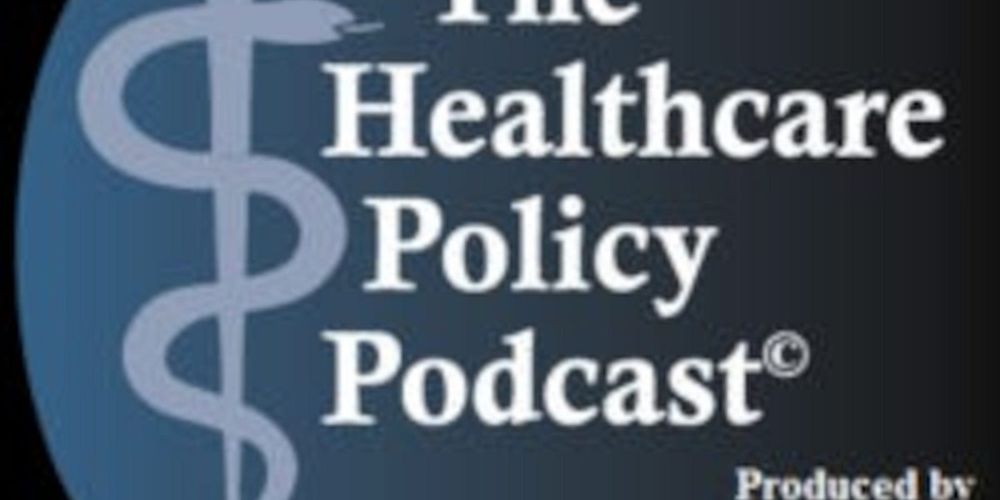Elizabeth Wrigley-Field
@wrigleyfield.bsky.social
14K followers
3.6K following
4.6K posts
Sociologist/demographer specializing in mortality, racial inequity, Covid-19. Avid theater-goer, inconsistent powerlifter, and erstwhile operator of an all-volunteer bookstore. Toddler parent. Living not-quite-car-free in Minneapolis. she/her
Posts
Media
Videos
Starter Packs
Reposted by Elizabeth Wrigley-Field
Philip Bump
@pbump.com
· 3h
Reposted by Elizabeth Wrigley-Field




